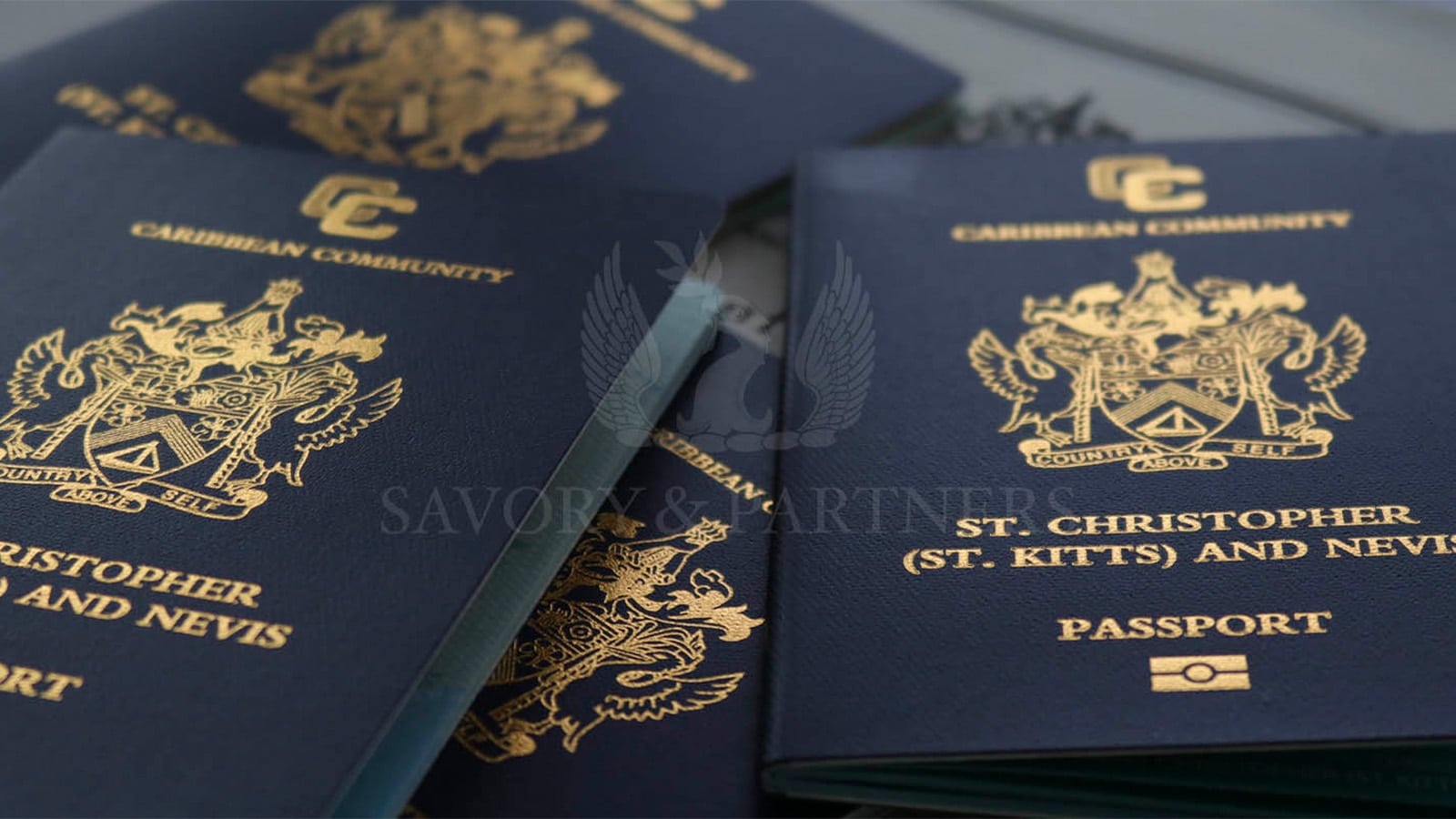
A common question we are asked by our clients is whether Caribbean citizenship, if gained through investment, is for life. The simple answer is yes; once a citizen, a person will maintain their status forever, even if they obtain it through investment.
Citizenship by investment laws fall under a country’s naturalisation act; they are not separated from other routes of naturalisation (such as through residence, birth, descent, or marriage) except in terms of the requirements to qualify for citizenship.
Hence, naturalisation through investment is protected under the constitutional laws of citizenship, meaning that a person who obtained their citizenship status through investment has the same rights as any other citizen, and their citizenship is perpetual.
However, the long answer may be a bit more complex, as there are some common misconceptions that lead to clients asking this question, and there are ways for a person to lose their citizenship, and in this piece, we will cover those details.
Common Misconceptions
One of the main misconceptions about citizenship by investment having a limit, stems from a misunderstanding. Some people may confuse a passport’s validity with citizenship.
A passport is a travel document issued to citizens, and those who do get citizenship by investment also obtain a passport to use.
Passports do have expiry dates on them. Antigua & Barbuda, Dominica, St Kitts & Nevis, and St Lucia all have passports that are valid for ten years, while Grenada’s passport has a validity of five.
However, it is important to note that when a passport does expire, it can be renewed, and this can be done indefinitely as long as the person remains a citizen. So, passport validity is completely different from citizenship.
The second misconception comes from a darker place, as some fraudulent agents or companies may offer citizenship by investment programs that are not official. In some cases, they may even produce a counterfeit passport and certificate of naturalisation and sell it to a client.
While, thankfully, governments have been able to mostly protect against this practice, it was more common in the 80s and 90s before the digitalisation of official documents began.

Ways To Lose A Citizenship
There are only two ways for a person to lose their status as a citizen; they either voluntarily renunciate it or the government revokes it.
Citizens can renunciate or give up their citizenship. While this may seem uncommon (and it is), the practice does indeed exist. In 2022, there were more than 3,400 cases of US citizenship renunciations.
According to a major Indian news outlet, 225,000 Indians renounced their citizenship in 2022.
China, Saudi Arabia, and many more countries also do not allow dual citizenship, which could lead many of their nationals to renounce their citizenship if they wish to be naturalised in another country.
The second way to lose a citizenship is revocation. Now, since citizenship is protected under constitutional law, it is very difficult to revoke one’s citizenship.
However, in the case of a naturalised person (through investment or otherwise), a country can revoke their citizenship if they are guilty of committing serious criminal offenses. But even this is easier said than done, as a citizen has the right to pursue due process to maintain their citizenships, and governments will have to abide by the court’s decision.
Another reason countries can use to revoke a citizenship is if the naturalised person obtained their citizenship fraudulently, through either lying about specific information or not meeting the requirements. If the government does find out later, it can then revoke a person’s citizenship status.
Other countries outside the Caribbean may have different rules, but revoking a person’s citizenship is a complex matter that doesn’t come lightly.
Caribbean Citizenship is for Life
Yes, Caribbean citizenship obtained through investment is perpetual. It does not have an expiry date, and in some countries, it can be passed down to future generations.
Once a person lawfully obtains their citizenship by investment, they will maintain their status indefinitely, allowing them to renew their passports each time they expire and enjoy the benefits of their new citizenship forever; all they need to do is refrain from conducting any criminal activity.
To know more about Caribbean citizenship by investment, contact us today to speak to an expert.
Our Availability
We are available on every channel convenient for you.
- Landline: +971 (0) 4 430 1717
- Mobile Phone: +971 54 440 2955
- WhatsApp: +971 54 440 2955
- E-mail: [email protected]
- Signal: +971 54 440 2955












